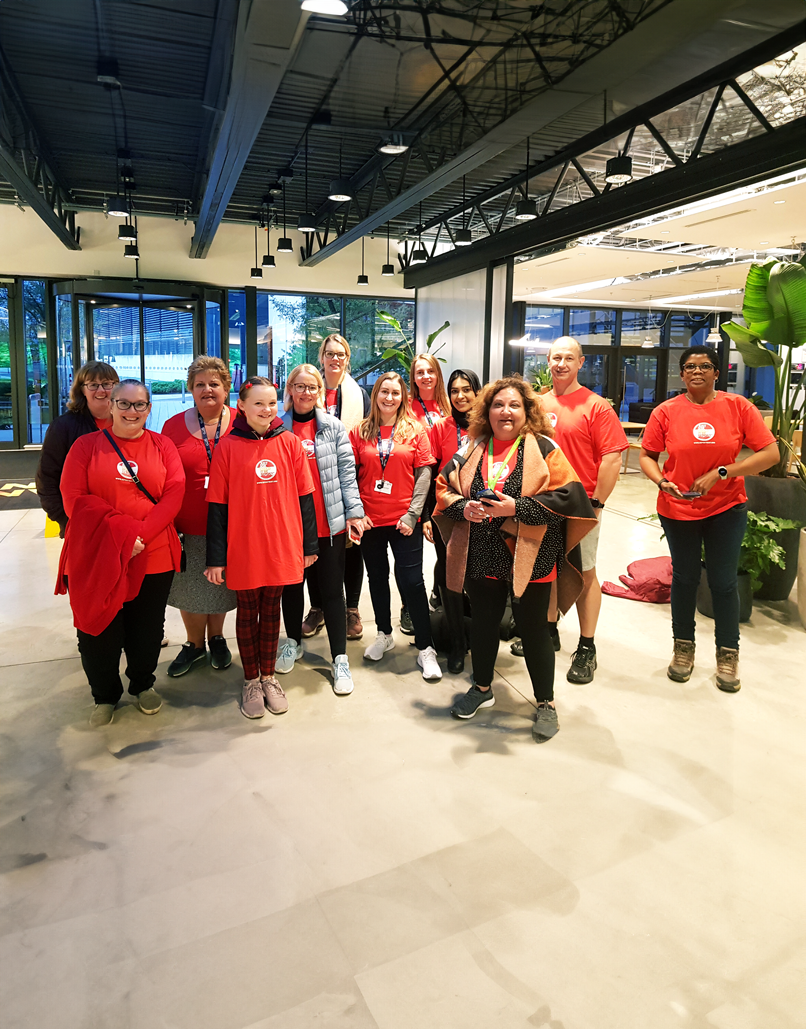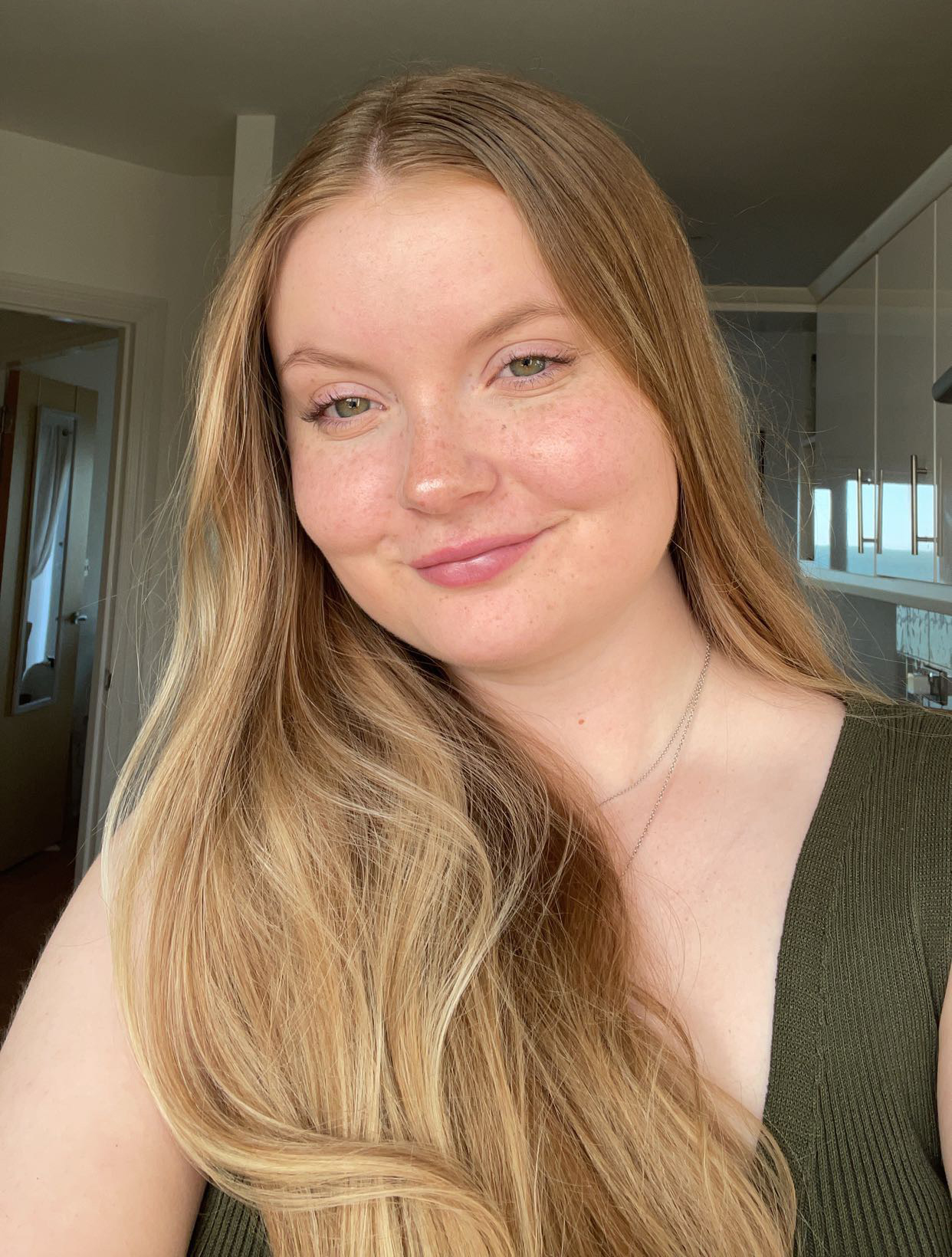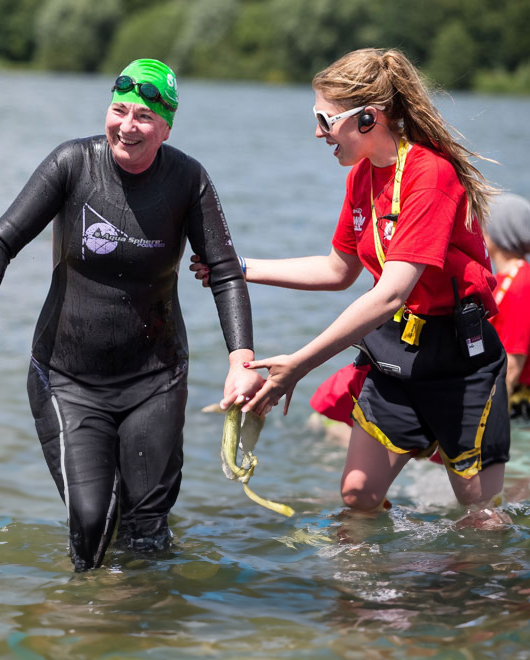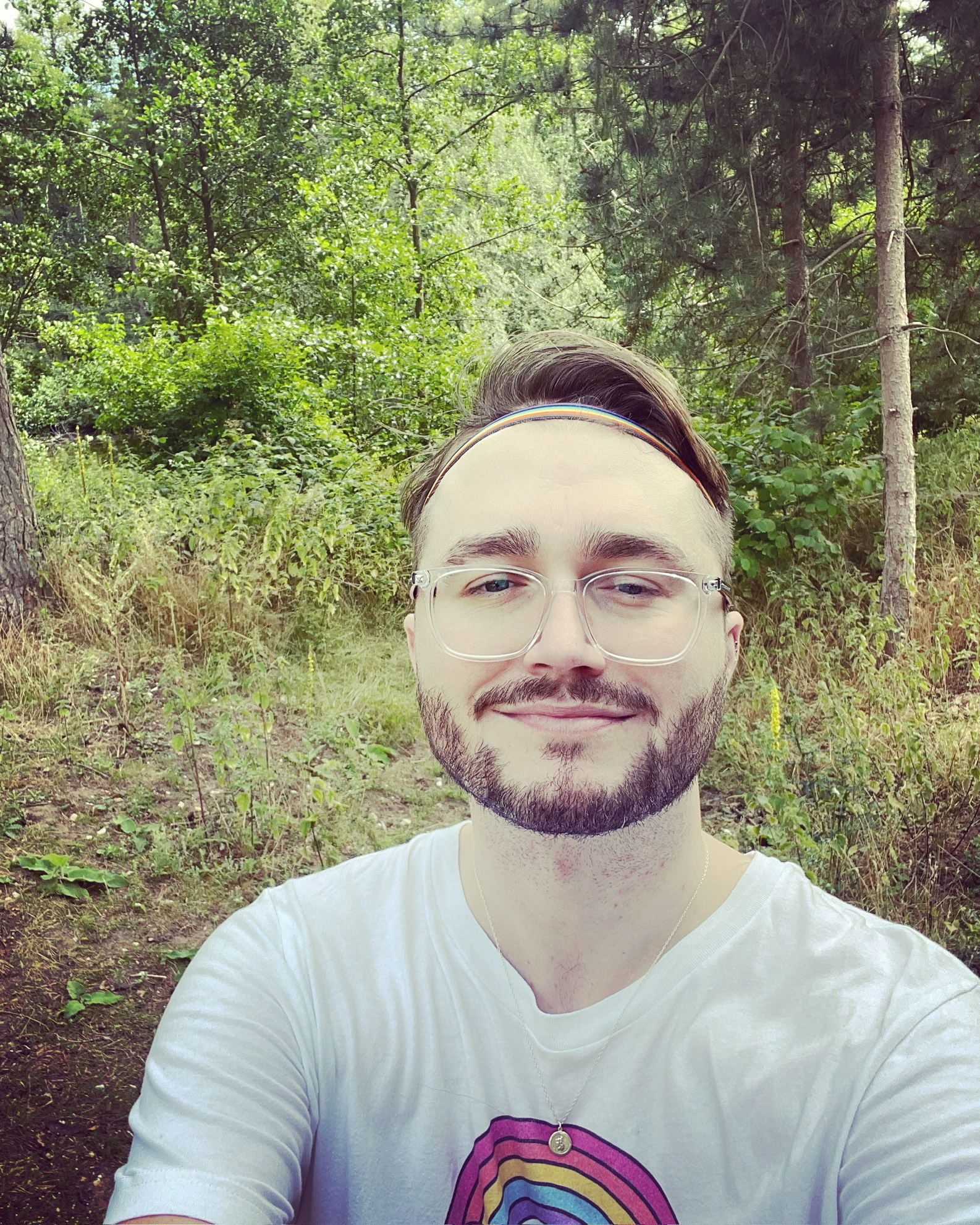Volunteering
Volunteers are the charity’s voices in communities and are essential in our mission to raise awareness of sepsis and end preventable deaths and life-changing injury from the condition.
Thank you for your interest in volunteering with the UK Sepsis Trust, we very much appreciate your support. We have currently paused our volunteer recruitment while we are reviewing and improving the process and are planning for applications to be open again very soon.
Raising Awareness
Community awareness and education are the keys to improving outcomes from sepsis and our volunteers are vital to its success. We cannot do it with you.
You will be fully trained and supported throughout your volunteer journey by the volunteer lead who will provide opportunities in your area. Such opportunities might include delivering a community talk, representing UKST at a cheque collection, or helping to host a stand at an event. You may also have opportunities of your own at a local school or hospital that we will be happy to support you with.
Our volunteering programme is designed to be flexible and fit around peoples’ busy schedules, enabling them to focus on what they’re most interested in.
We’re committed to providing inclusive and diverse volunteering opportunities, and always encourage our volunteers to try their own ideas within the roles we offer below.


I became a volunteer for UKST after my 20-year-old son Ben died of sepsis following a three month stay in neuro ITU after an operation. Watching him suffer and losing him nearly destroyed me, but I wanted to do as much as possible to prevent others from going through what not only he did, but us as a family. Using my adult education teaching background, I do talks and/or training on sepsis awareness. This can be in hospitals, GP surgeries and within groups in local communities such as WI, air cadets, etc. As a family we also join in fundraising events and hold an annual fundraiser in Ben's name.
Teresa Whiting
Speaker Volunteers
Our speaker volunteers aim to educate and protect their communities by communicating our life-saving messaging and inspiring people to act locally to support our mission.
By sharing their personal stories of sepsis with people in settings such as schools, universities, hospitals, business conferences, faith group meetings and sports club sessions, audiences can emotionally connect to the cause and understand the importance of knowing the signs to look out for.
Our volunteers sometimes get the chance to speak about their sepsis experiences on television, radio and podcasts.


After surviving sepsis aged 19, the UK Sepsis Trust was there to support me through my recovery. I experienced the life changing impact that these volunteers and nurses made, and I wanted to be part of it. I felt compelled to help other survivors by sharing my story and letting them know it’s going to be okay. It can be comforting to feel supported by other survivors so I hope to be that person for other people.
Abbie Kitson

Fundraising event volunteers
Can you help us at some of the UK’s biggest fundraising events to raise life-saving awareness of sepsis – the condition that claims more lives than breast, bowel and prostate cancer in the UK every year?
We need help from enthusiastic volunteers to make sure our participants have the best possible experience at events including The Great North Run, London Marathon, Cardiff Half, Brighton Marathon and the London Landmarks Half Marathon.
These events are real highlights in our calendar, and we need your help to support and encourage our fantastic fundraisers.
Our presence at these events is also vital in boosting the profile of our charity and helping others hear about our work.
It’s not just about the big events though. We also need people to represent UKST at smaller community events to thank all our wonderful supporters.

What really motivated me to volunteer - in addition to seeing the impact the existing volunteers were having - was the thought of taking the worst experiences of my life, and using them to help others. There had to be a silver lining to what I had gone through. Volunteering very much gave (and gives) me a sense of purpose. Since becoming a volunteer, I have been able to engage the community regularly, such as through contributing to the Facebook group, or by attending online support groups as a volunteer. These opportunities have allowed me to reach out to others who needed the type of support I first needed. By sharing my experiences, it has helped others learn about PSS, and almost ‘validate’ their feelings and struggles - knowing that they are not alone in what they are dealing with. It allows them a safe space to feel comfortable to either vent or share their stories.
Aaron Speer